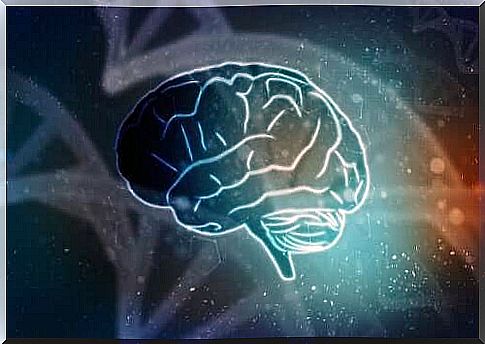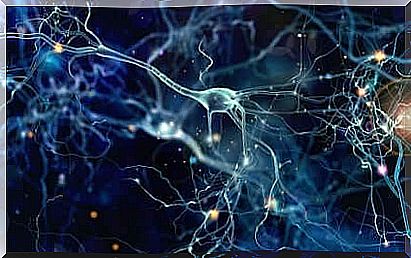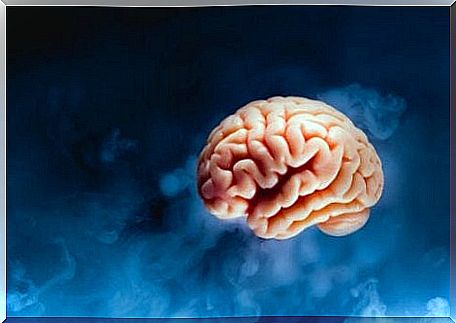Isolated Brain: Living Without A Body

Recent studies have led us to question whether an isolated brain can live without a body after it has died. Can it live on its own? Let’s take a look at it.
The brain is our body’s control center and handles most of all conscious and subconscious functions. We can not transplant it, at least not yet.
Nerve cells remain alive after death

An investigation conducted by laboratories in Berlin in collaboration with research centers in the United States studied the activity of nerve cells in people with irreversible brain damage whose life-sustaining support was recently shut down.
In other words, they were clinically dead.
The researchers observed that the nerve cells stopped working due to the lack of oxygen, just as expected. But the amazing thing was that even without oxygen, they resumed some activity without suffering irreversible damage, despite the lack of oxygen.
In the end, however, the situation became critical and the damage irreversible.
This finding suggests that nerve cells remain active even after a relatively long period of oxygen deficiency, despite the fact that electroencephalography showed no signs of brain activity and the heart had long since stopped.
This is truly information that makes one reflect on the limits of life beyond death.
A brain can live without a body

A new study published in the journal Nature kept pig brains alive without bodies. The researchers took the brains from slaughtered pigs and placed them in a system that provided nutrition and oxygen via cerebral blood vessels for four hours.
Six hours later, they observed how the nerve cells regained their metabolic function and consumed sugar, and that the immune system began to function again.
They could even electrically stimulate the nerve cells, and they regained the ability to communicate with each other.
One then wondered: can a brain be revived after cardiac arrest and indirectly start the body’s activity? Does this mean that humans may be able to transplant their brains in the not too distant future?
Something that was very fascinating was to observe that the behavior of the nerve cells in the brain did not happen at the same time. This may indicate that nerve cells are acting independently.
The researchers terminated the activity of the isolated brains after six hours for ethical reasons.
The aim was never to revive consciousness, but to get a complex study model with which one can analyze the effects of drugs or other treatments on brain activity.
Isolated brain: the debate continues
But research has opened up a new debate in which consciousness goes beyond the death of the individual. Most countries consider that a person is legally dead when his or her heart and lung capacity ceases.
The brain needs large amounts of oxygen, blood and energy, so we have believed that resuscitation was not possible in these situations.
Can an isolated brain be revived after cardiac arrest and indirectly cause the body to recover? Is there a chance that we can perform brain transplants in the future?
These fascinating issues can now be openly debated.







